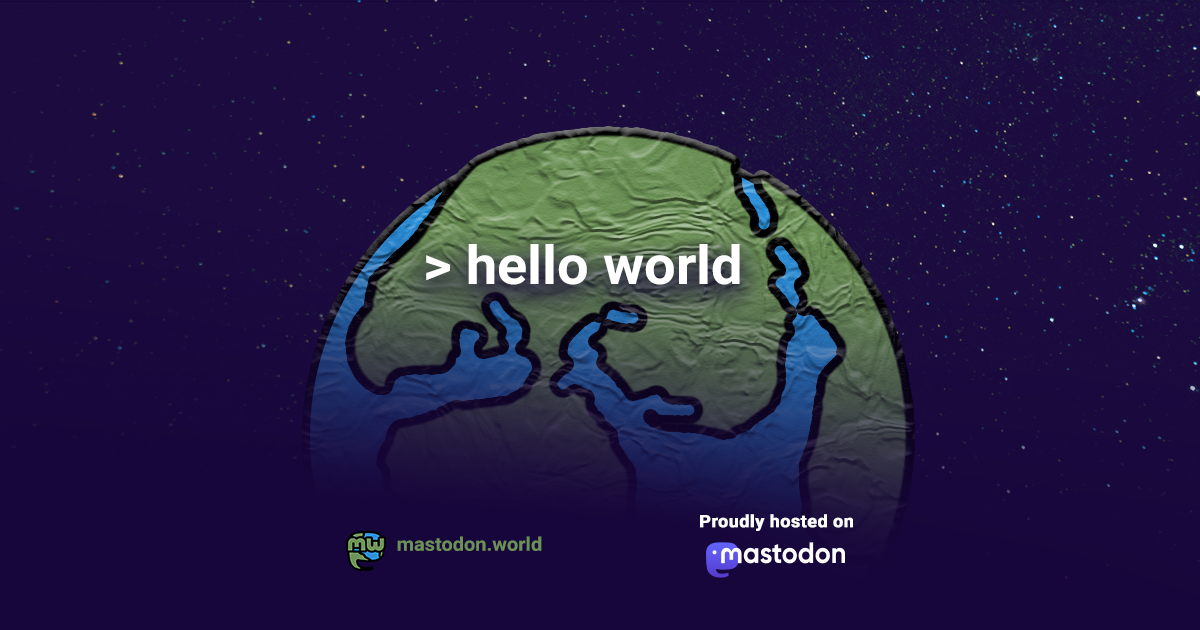Recent searches
Search options
via #ZoeScaman on #LinkedIn
I delivered a keynote to Coca Cola's #leadership after being invited to give them the lay of the land on Gen Z and Alpha.
Instead of relying on buzzwords like "digital natives," "side hustles," or "climate activists," I focused on the complex realities these generations actually face.
What emerged wasn't a simple story about screen addiction, but a generation confronting profound instability across every dimension of #life.

This perspective directly challenges the prevailing narrative that screentime and #SocialMedia are primarily responsible for youth isolation and #anxiety.
While #JonathanHaidt has prominently advocated this connection (and his concerns have merit) emerging research suggests this framework oversimplifies a far more messy and layered reality.
#Digital habits represent just one factor among many interconnected influences shaping young lives today.
2/6
The data paints a stark picture: Nearly one-third of young adults aged 16-24 are 'very worried' about #climatechange, watching environmental crises escalate in real-time across news and social feeds.
Democracy itself feels precarious to 63% of UK youth.
Economic anxiety dominates their world—half of 16-25-year-olds believe economic hardship has wounded them more deeply than the pandemic.
3/6
Across the Atlantic, 61% of young Americans aged 18-34 live with constant layoff anxiety, and perhaps most telling, more than half report their lives feel devoid of meaning or purpose.
THIS IS NOT ABOUT THE PHONES.
When we fixate on screentime and social media, we pursue a convenient fall guy while ignoring harsh realities.
4/6
Young people today navigate unprecedented challenges: economic precarity, geopolitical instability, the erosion of traditional pathways in work and #education, AI's looming disruption of career prospects, and accelerating climate catastrophes.
Banning phones is a superficial solution to profound problems.
The evidence is unignorable and demands our #attention.
5/6
When multiple existential threats converge, anxiety becomes a reasonable response.
By reducing these legitimate concerns to mere screentime debates, we not only miss opportunities to address root causes, we invalidate young people's justified fears.
If we truly want to support the next generation, we must confront the full spectrum of pressures they face with honest, comprehensive solutions, not convenient #scapegoats that let us avoid truly seeing the world we've created for them.
6/6
@paninid My 25 year old employee expressed his certain terror that I would dismiss him by surprise, or that the company would. I got really quiet, and I said to him “Michigan isn’t that way anymore, to dismiss someone there has to be cause.” And then I continued “And for the record, I can’t see either one of you ever “having cause”, even if it doesn’t reduce your anxiety…” and I was very troubled that his default is this anxiety. It’s no way to live.

